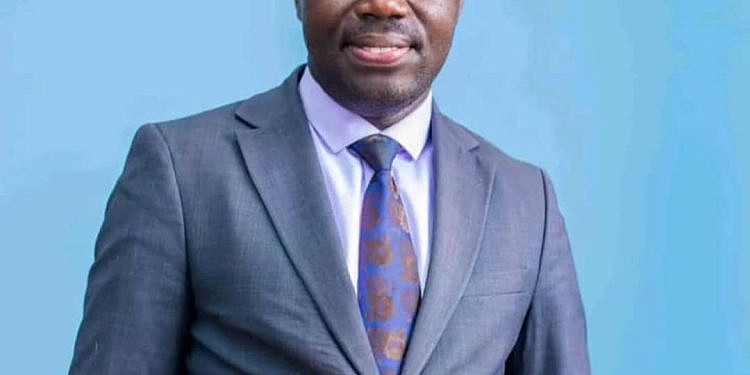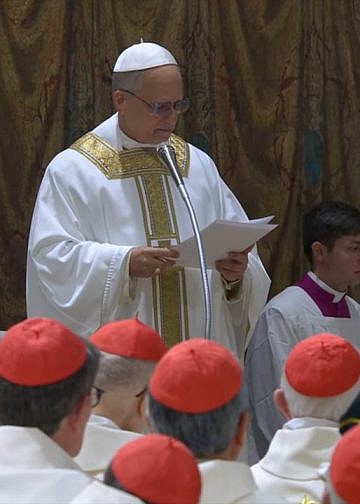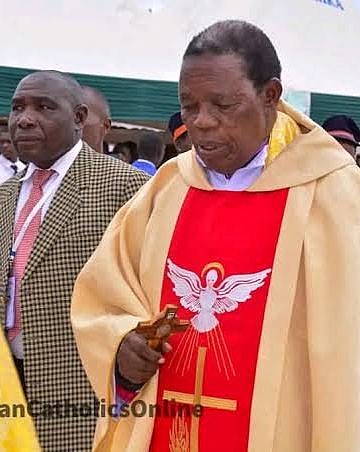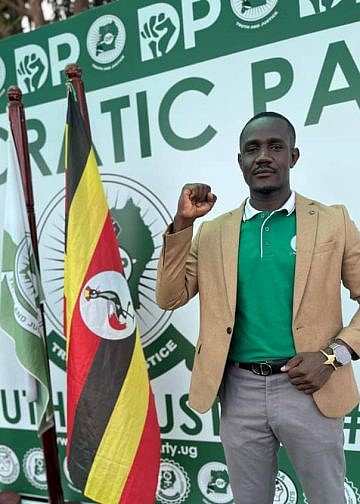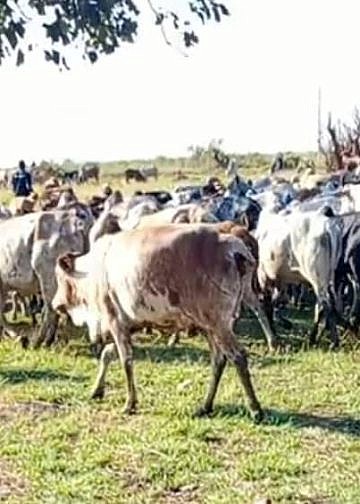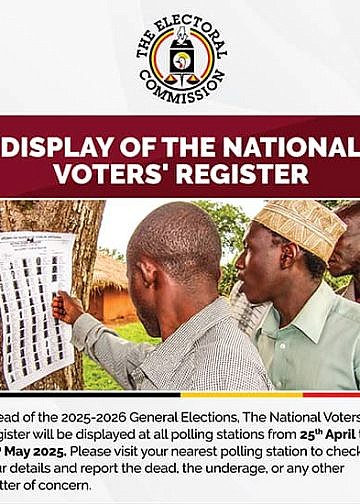By Kungu Al-mahadi Adam
Uganda risks slipping into the hands of criminal gangs should the State continue to fold hands on, holding the emerging violent groups accountable for their actions.
In November last year, the gangs, affiliated to well-known musicians, with unrivalled confidence, attacked Nsambya Hospital and assaulted a number of its staff with impunity before fleeing scene.
They would then, a month later, provocatively storm headquarters of leading opposition political party, the National Unity Platform. During the attack, they violated the premises, threatened the security guards, and used graffiti to draw provocative things on the walls.
The most recent incident is when the same group caused commotion that involved assaulting revellers and musicians during New Year’s Eve in Lubiri, Mengo, and at an event in Buloba.
In Mengo, their leader, a musician, took it even a notch higher when he warned of unprecedented violence awaiting in next year’s general elections.
In all the scenarios, security’s response was not as visible as expected given the risk of such acts, at least given what is seen in Haiti, South Africa, Honduras, and in many other countries where the power of the gangs has long rocked daily life and politics, plunging them into long crises.
The gangs are emerging at a delicate time when the music industry is divided along political lines, with some supporting the regime and others identifying with the opposition, a replica of Haiti’s situation.
In Haiti, there are believed to be about 200 armed gangs operating in Haiti, about half of which have a presence in Port-au-Prince. In the capital, there are two major gang coalitions.
The first — the G9 Family and Allies alliance, or simply G9 — is led by Jimmy “Barbecue” Cherizier, a former Haitian police officer who is under UN and United States sanctions for his involvement in Haiti’s violence.
The second is GPep, led by Gabriel Jean-Pierre, also known as Ti Gabriel.
He was the leader of a gang called Nan Brooklyn before the creation of G-Pep, which has been based in Port-au-Prince’s impoverished Cite Soleil district.
G9 and GPep have been rivals for years, battling for control of neighbourhoods in Port-au-Prince. Both groups have been accused of mass killings and sexual violence in areas under their authority, as well as in districts they want to take over.
Indeed, for decades, Haiti’s gangs have been closely associated with politicians, political parties, businessmen, or other so-called “elites” in the country.
G9, for example, has been linked to the Parti Haitien Tet Kale (PHTK), the political party of former President Jovenel Moise, who was assassinated in July 2021. Moise chose Henry for the prime minister post shortly before he was killed.
For its part, GPep has been associated with Haitian opposition parties.
Now, in Uganda, some of these particular gangs and their leaders are linked to individuals believed to be working with the regime. They are anti-opposition. In fact, many believe that this is the reason security has been slow in holding the groups accountable.
The risk involved in not taking serious action in taming these groups at infancy is that they can easily metamorphose into something harder, especially when they get armed.
At the moment, it appears to be more of music rivalry, and indeed, it is the right time to curtain them. Otherwise, the situation could worsen should some ill motivated individuals take advantage of the gangs and arm them.
The writer is a Ugandan Journalist with passion for current African affairs.



























